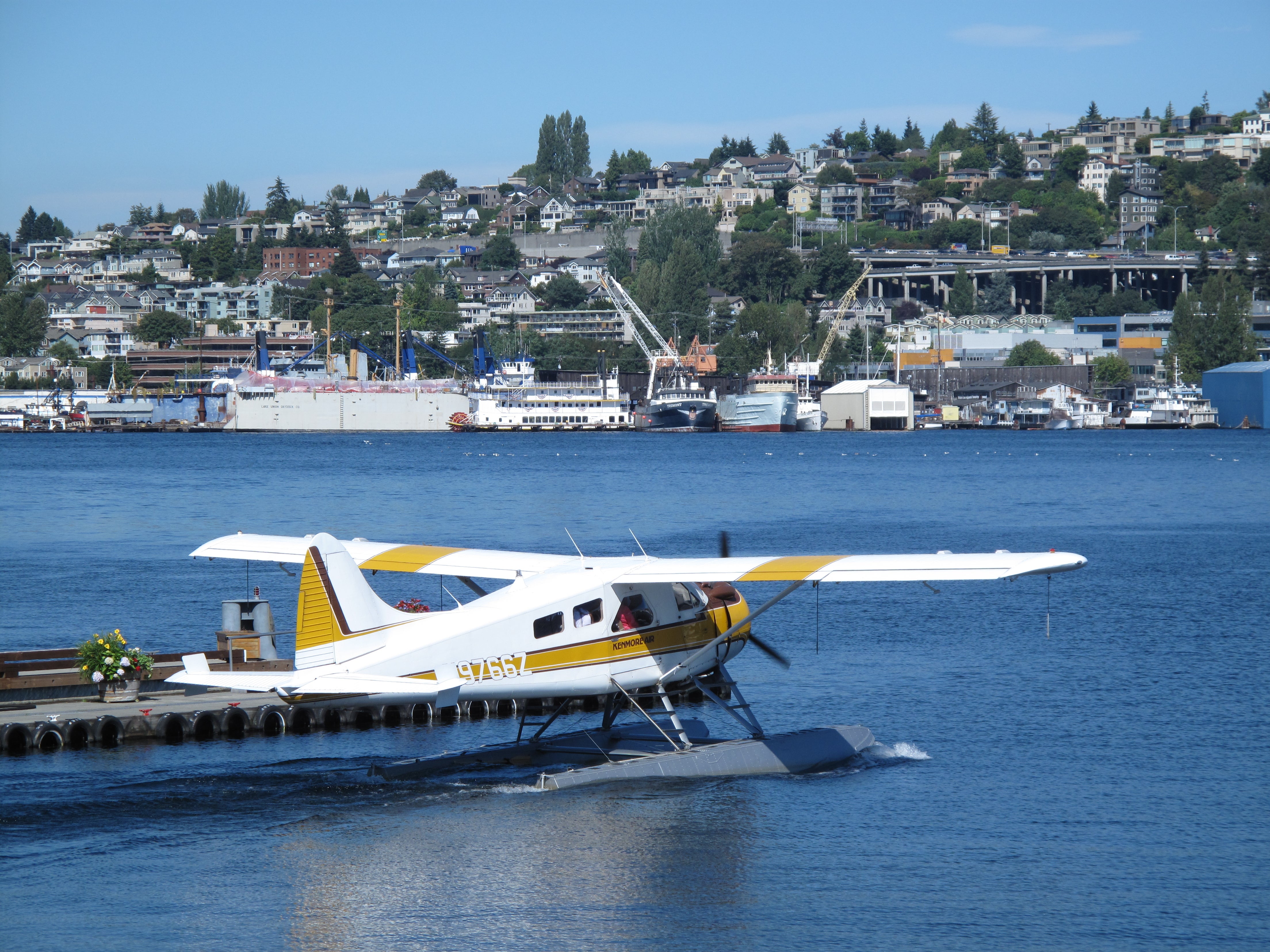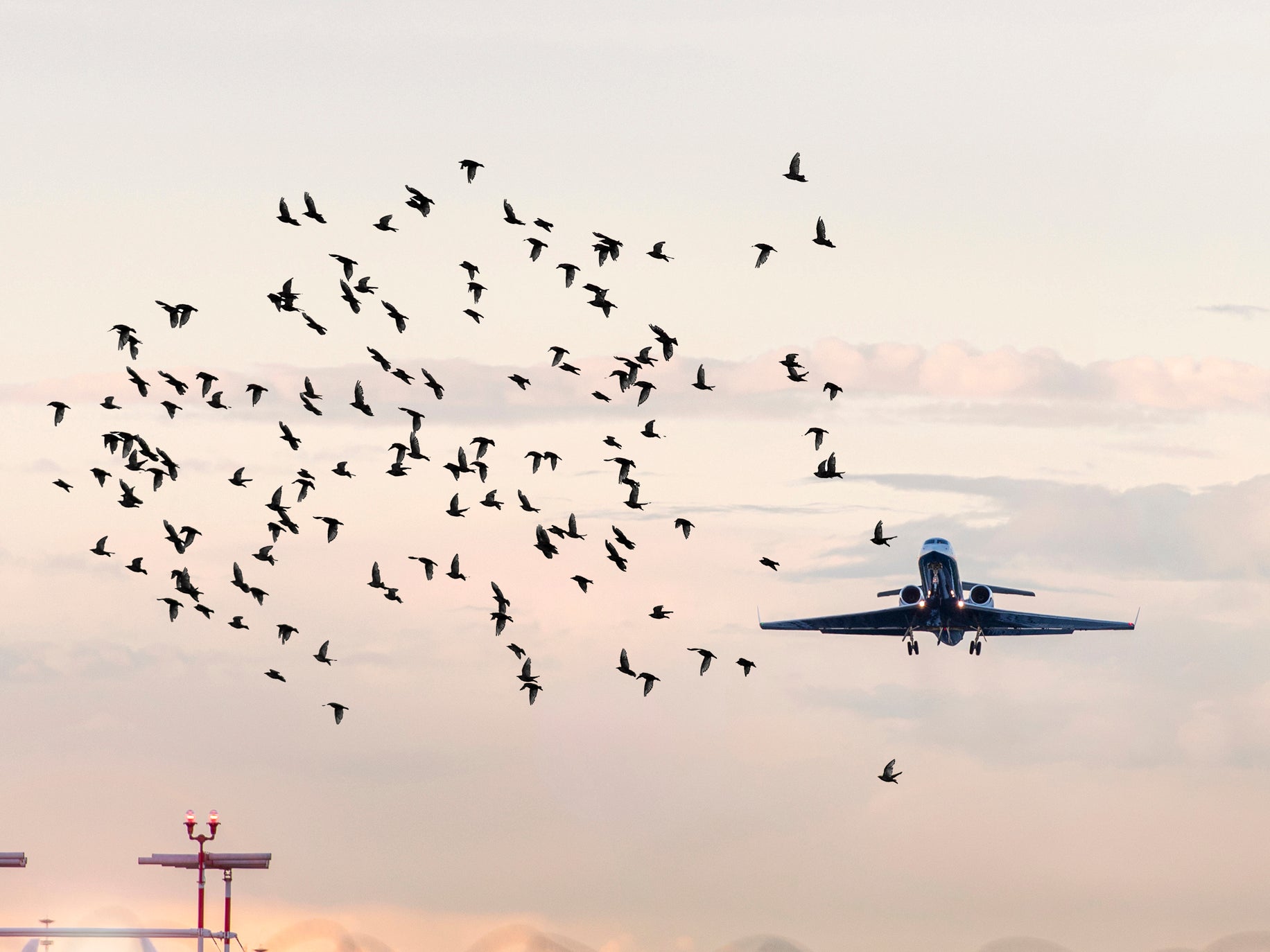Will the new border system speed up Channel traffic?
Simon Calder answers your questions on Brexit red tape, cancelled flights and bird strikes


Q Any update on technical solutions to the challenges presented by the application of the Entry Exit System for the Eurotunnel Shuttle and cross-Channel car ferry passengers?
Paul M
A Sadly, not yet. Here is the problem. The Brexit treaty made the UK a “third country” with strict controls on entry and exit. The withdrawal agreement means there is now a hard European Union border in Kent (as well as at the Eurostar rail terminal at St Pancras in London).
At Folkestone, Dover and London, frontier formalities are “juxtaposed”: French officials conduct checks on travellers heading for France while they are still on British soil. That arrangement worked fine for many years, but the extra checks that the UK insisted upon slow everything down – which explains the queues we saw in peak summer.
Next summer, tougher border checks that the UK helped develop while a member of the European Union will apply to British passport holders. Under the Entry Exit System, each time a third-country national crosses an EU external border, the system will register the date and place of entry and exit. Fingerprints and a facial biometric must also be checked. This is just about manageable in an airport or passenger rail terminal, but not easily achievable in live traffic lanes as at Dover and Folkestone.
Last month Doug Bannister, chief executive of the Port of Dover, told MPs last month: “We haven’t seen what the process is, we don’t know what the technology is.”
None of the new requirements is a surprise. So it would be comforting to think that the pro-Brexit prime minister and his ministers know how the problem will be solved. Mark Harper, the new transport secretary, calls Brexit “an opportunity for our country to spread its wings.” Presumably, he will reveal the solution he has in mind before too long.

Q Our flight home from Seattle was cancelled after sitting for six hours on the tarmac. We were told the earliest flight they could offer was four days later. I needed to get home for work commitments, so we booked an Aer Lingus flight ourselves via Dublin. Cost: £2,800!
I’ve put in a claim with the airline for the Aer Lingus costs. I’ve not heard any decision as yet. Reading on forums, etc, I feel I’m not going to get my £2,800 back. Any advice, please?
“Blog Builder”via the latest Ask Me Anything atindependent.co.uk/travel
A Many airlines appear to be in no hurry at all to recompense the tens of thousands of out-of-pocket passengers. These carriers were told at the start of the summer rush what they had to do when a flight was cancelled, specifically finding alternative flights as soon as possible. But they have ignored the stipulations sent out by the Civil Aviation Authority with impunity.
I wrote to the previous transport secretary, Anne-Marie Trevelyan, to ask what action she would take. Ms Trevelyan was busy campaigning for Boris Johnson to be reinstated as prime minister and had not replied by the time she was fired by the new PM, Rishi Sunak. I shall ask Mark Harper, her replacement, but I detect no appetite whatsoever for enforcing consumer protection.
If you believe you have a legal claim against any company, you can usually get their attention by writing a Letter Before Action and then, if there is no response, going to Money Claim Online.
The only problem I can see with retrieving your £2,800 is: if that is the figure for the two of you, that looks very expensive for a one-way flight. You could face a demand to show why you had to pay that much. In such circumstances, you should always try to provide a screen grab showing there was no choice. Assuming you were not able to do this at the time, you may have to contact Aer Lingus to ask for confirmation of the prevailing fare at the time you booked.

Q Our recent flight from Rhodes to London was delayed by 24 hours. The airline said it was due to “a bird strike compromising the aircraft’s safety”. The airline put us up in a hotel and paid for meals. We applied for compensation under European air passengers’ rights rules, but the claim was rejected. They said it was down to “technical reasons” – which we thought weren’t a legitimate excuse for not paying out. Where do we stand?
SmartMart59
A Sorry to hear about the disruption. I hope the delay did not cause too much disarray. On some occasions, I have found long delays in a lovely location abroad not inconvenient, for example enjoying an extra day in Madeira, Guayaquil and the Dominican Republic when British Airways, Avianca and Tui, respectively, encountered technical issues. On all three occasions, they did exactly the right thing in organising hotels and meals as well as transfers to and from the airports. But I recognise that in many circumstances a long delay is frustrating and inconvenient – which is why European air passengers’ rights rules stipulate a pay-out of hundreds of pounds (£350 in this case) for delays of three hours of more unless the airline can provide a watertight explanation of why it shouldn’t have to do so – which will require proof of an “extraordinary circumstance”.
Basically, if the main cause of a delay is regarded as being within the control of the airline then it must pay out. Long waits caused by technical problems involving, for example, the failure of a part, qualify for compensation. But a bird strike is regarded as an “extraordinary circumstance” if it directly impacts the flight in question. So, if the inbound flight to Rhodes suffered the problem there would be no question of compensation. But if, say, it happened on a different flight the previous day and the knock-on effect was to delay your departure, the matter is not so cut and dried.
It is down to the airline to provide its defence against paying out, by setting out the circumstances that caused it. So do ask – and, if you think the explanation is questionable, you can consider legal action to claim compensation.
Email your question to s@hols.tv or tweet @simoncalder

